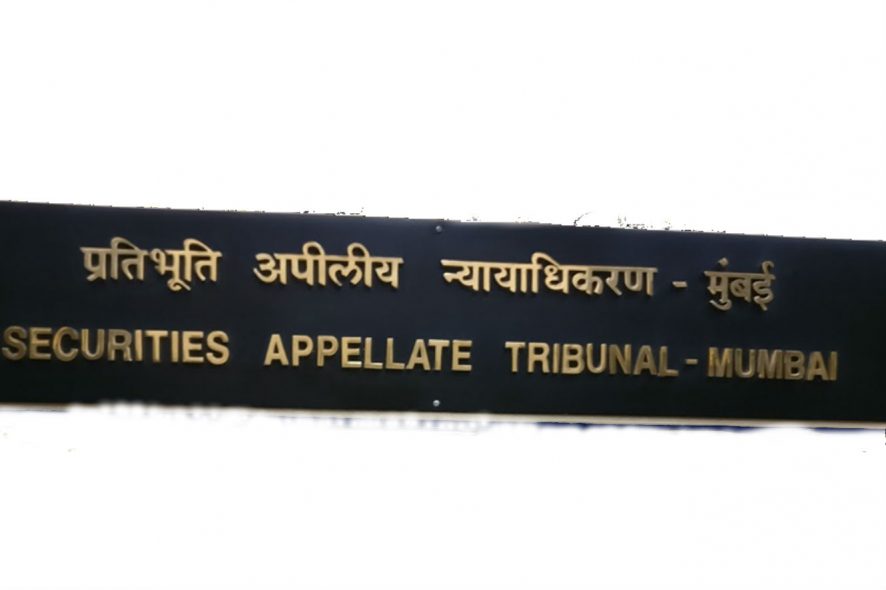Securities Appellate Tribunal (SAT): Coram of Justice Tarun Agarwala (Presiding Officer), Justice M.T. Joshi (Judicial Member), and Dr C.K.G. Nair (Member), dismissed the appeal filed by the appellant and affirmed the order passed by the Whole Time Member (‘WTM’) of SEBI.
WTM had passed an order against the appellants under Section 11 and 11B of SEBI Act directing them to refund the money collected by the Company during their respective period of directorship through the issuance of Non-Convertible Debentures (‘NCDs’) including the application money collected from investors along with interest at the rate of 15% p.a. The appellants were appointed as directors from 2009 to 2013. During the financial years 2010-11, 2011-12, 2012-13, the Company made an offer of NCDs and raised an amount of Rs. 9.06 crores from 4,518 allottees. Since there was a violation of the SEBI Act, Companies Act, and Securities and Exchange Board of India (Issue and Listing of Debt Securities) Regulations, 2008 (ILDS Regulations), SEBI passed an order of debarment and refund to investors against the Company and its directors/promoters. The appellants were directors of the company during the time when the NCDs were issued. Accordingly, an interim order was passed against the appellants and a show-cause notice was issued to show cause as to why suitable direction under Section 11 and 11B read with Section 73(2) of the Companies Act should not be passed against them. After giving an opportunity of hearing, the WTM found the appellants were involved in the issuance of the offer of NCDs during the time when they were directors which was in violation of the Companies Act and ILDS Regulations. Accordingly, the WTM issued directions for a refund of the money along with interest, etc.
The appellants contended that the said order was erroneous since there was no finding that the appellants were “officers in default” and consequently, the mandate provided under Section 73(2) of the Companies Act cannot be invoked. In support of this submission, the appellants have placed reliance upon Pritha Bag v. SEBI, 2019 SCC OnLine SAT 110.
The Tribunal held that the decision of the Tribunal in Pritha Bag case was not applicable to the facts and circumstances of the present case. The WTM came to the conclusion that the appellants were “officers in default” by relying on the definition as under Section 5(g) of the Companies Act. No evidence was filed to show that any of the officers set out in clauses (a) to (c) of Section 5 of the Companies Act was entrusted to discharge the obligation contained in Section 73 of the Companies Act. In Pritha Bag case, there was no finding that the appellant in that appeal was an “officer in default” and, therefore, the Tribunal had held that the mandate provided under Section 73(2) of the Companies Act could not be invoked. The said decision was also distinguishable on the ground that there was a managing director in that company who was responsible for the affairs of the company. Moreover, on perusal of the impugned order, the appellants had admitted before the WTM that they were aware of the collection of the money from the investors by the company and further submitted that the appellants were willing to make a refund to the investors. In the light of such admission, the appellants could not escape the liability of refund of the amount along with interest as directed by the WTM. [Saikat Brahmachari v. SEBI, 2019 SCC OnLine SAT 200, decided on 14-11-2019]






